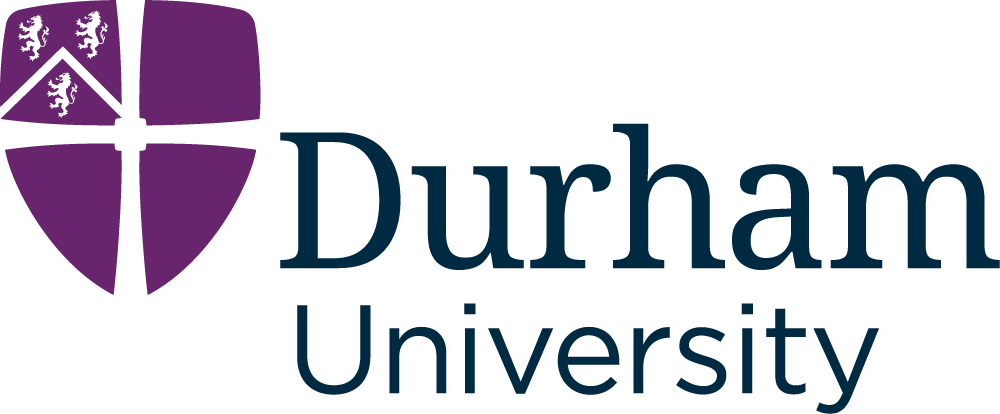

Durham Days of Analysis and PDE
1, 2 & 6 July 2021


Durham Days of Analysis and PDE
1, 2 & 6 July 2021
The Durham Days of Analysis and PDEs online summer school is a 3-day event comprising of 4 mini courses given by distinguished speakers. Each mini course focuses on different aspects within the field of Analysis and PDEs and aims to give a fuller picture of a topic – from its background to recent and exciting developments in it.
All courses will be held over Zoom, with links emailed to registered participants prior to the event.
The online summer school will consist of the following mini-courses (click on title to view outline):
This series of talks will be devoted to an overview of recent results understanding the qualitative behavior of nonlinear aggregation-diffusion equations. We will start in the first two talks by describing the bifurcation analysis of nonlinear Fokker-Planck equations arising in a myriad of applications such as consensus formation, optimization, granular media, swarming behavior, opinion dynamics and financial mathematics to name a few. We will present several results related to localized Cucker-Smale orientation dynamics, McKean-Vlasov equations, and nonlinear diffusion Keller-Segel type models in several settings. We will show the existence of continuous or discontinuous phase transitions on the torus under suitable assumptions on the Fourier modes of the interaction potential. The analysis is based on linear stability in the right functional space associated to the regularity of the problem at hand. While in the case of linear diffusion, one can work in the L2 framework, nonlinear diffusion needs the stronger Linfty topology to proceed with the analysis based on Crandall-Rabinowitz bifurcation analysis applied to the variation of the entropy functional. Explicit examples show that the global bifurcation branches can be very complicated. Stability of the solutions will be discussed based on numerical simulations with fully explicit energy decaying finite volume schemes specifically tailored to the gradient flow structure of these problems. The theoretical analysis of the asymptotic stability of the different branches of solutions is a challenging open problem.
In the second day, we analyse under which conditions equilibration between two competing effects -- repulsion modelled by nonlinear diffusion and attraction modelled by nonlocal interaction-- occurs. I will discuss several regimes that appear in aggregation diffusion problems with homogeneous kernels. I will first concentrate in the fair competition case distinguishing among porous medium like cases and fast diffusion like ones. I will discuss the main qualitative properties in terms of stationary states and minimizers of the free energies.In particular, all the porous medium cases are critical while the fast diffusion are not, and they are characterized by functional inequalites related to Hardy–Littlewood–Sobolev inequalities. I will also discuss the diffusion dominated case in which this balance leads to continuous compactly supported radially decreasing equilibrium configurations for all masses. Finally the concentration phenomena in the fast diffusion range will be also treated where challenging questions remain open.
Can be found here.